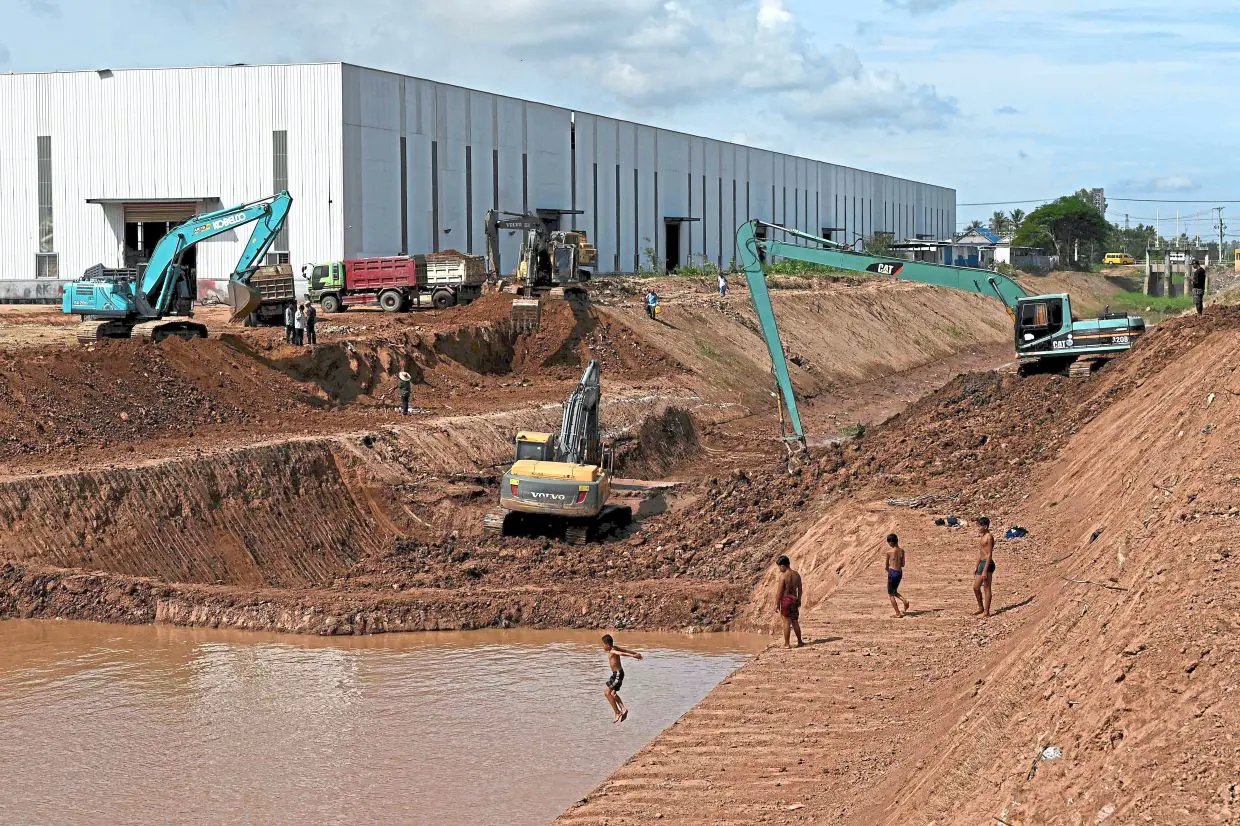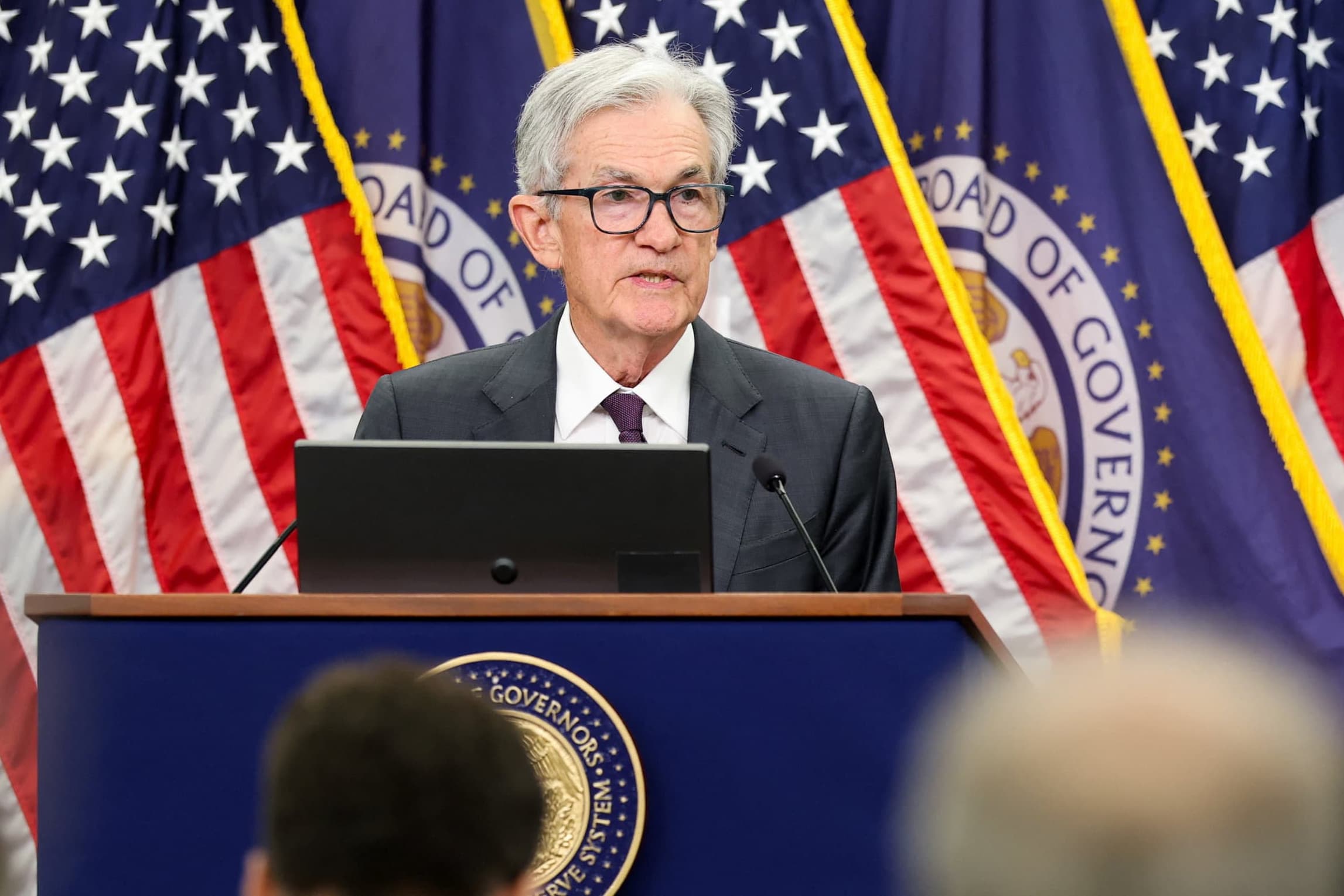PHNOM PENH: Suy SE Dust covers everything in Lim Tong Eng’s yard, thrown up by excavators toiling next door to enlarge a channel that Cambodia’s government hopes will soon be a major shipping canal.
Next month, Cambodia will officially break ground on the Funan Techo canal, a US$1.7bil project running from the Mekong River to a Cambodian port on the Gulf of Thailand that will offer an alternative to transit via Vietnam.
It is one of former prime minister Hun Sun’s signature infrastructure projects and is seen as a galvanising national undertaking to build support for his successor and son, Hun Manet.
But uncertainty surrounds the plan, from whether its main goal is shipping or irrigation, to who will finance it and how it will affect the flow of the Mekong, one of the world’s longest rivers.
The lack of clarity is agonising for those along the projected route, which begins around an hour’s drive southeast of Phnom Penh.
Eng, a 74-year-old retired farmer who now uses a wheelchair, will lose his home and land to the canal but has no idea what compensation he might receive.
“We feel not only surprised but also fearful,” he told AFP as diggers clanked nearby. “We don’t know what the government is thinking because we haven’t been informed.”
Hun Sen, who ruled Cambodia for over three decades, has described the canal as giving the country a “nose to breathe through” and local authorities have been told to launch fireworks for the groundbreaking on Aug 5 – the former leader’s birthday.The government says the canal will generate economic activity worth 21% to 30% more than its cost and create tens of thousands of jobs in a country that is among the poorest in South-East Asia, though it has not provided detailed evidence for those forecasts.
The canal’s benefits may depend on how it is financed. Last year, the China Road and Bridge Corp (CRBC), a Chinese construction giant that has financed other infrastructure in Cambodia, agreed to a feasibility study of the project.
Cambodian officials have suggested the Chinese state-owned company could finance part of the canal, but CRBC has not released its study or made any public commitment. The firm did not respond to a request for comment.
And while Cambodia is a close ally of Beijing, Hun Sen has denied the canal will be part of China’s Belt and Road infrastructure plan.
Analysts have also questioned the US$1.7bil price tag.
There are “a lot of unknowns here and uncertainties here with regards to the real economic benefits and costs,” said Vannarith Chheang, a political analyst and chairman of the Angkor Social Innovation Park.
There are also concerns about the flow of the Mekong, which accounts for up to a quarter of the world’s freshwater fish catch and 50% of Vietnam’s rice production.
Conservationists have long warned that the river is threatened by infrastructure projects, pollution, sand mining and climate change. — AFP

